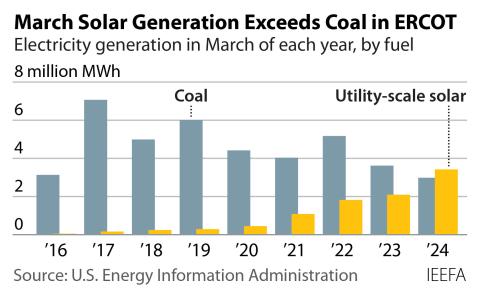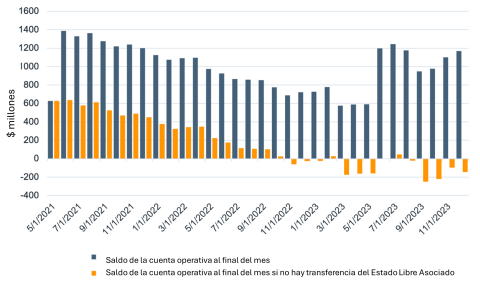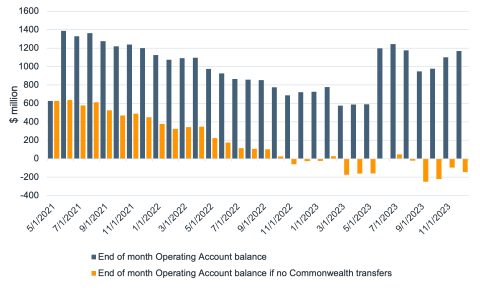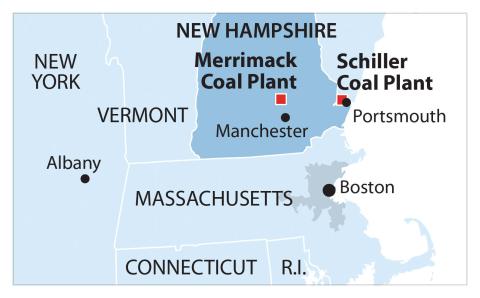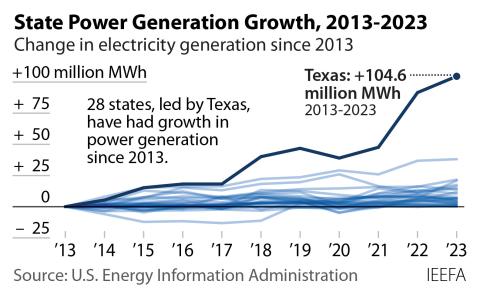Teddy Roosevelt Wouldn’t Be Happy With This Coal-Royalties Loophole
By Tom Sanzillo
The ghost of Theodore Roosevelt is awake and on the prowl again as new doubt emerges in Washington over federal subsidies that in effect let coal companies tap publicly-owned reserves for a song and sell them at a taxpayer-subsidized profit.
Case in point: A set of a long-standing deals the Bureau of Land Management has in place with Peabody Coal Corp., Arch Coal Inc., and Cloud Peak Energy. All three companies hold substantial coal leases on public lands in the Powder River Basin of Montana and Wyoming — the largest coal fields in the U.S. — and all three have benefited hugely from a loophole that lets them avoid paying a 12.5 percent royalty on such holdings.
The U.S. Office of Natural Resources Revenue, which is a division of the Interior Department, is circulating a draft plan to close the loophole, Reuters reported in October. It would be a long-overdue reform, correcting a scandalous practice that lets the companies sell American coal through “arms-length transactions” into higher-paying foreign markets, all without paying fair royalties.
The practice is deplorable not just because it gives the public such short shrift, but because it also supports coal-fired industrial development in countries that don’t abide by the same clean-energy standards the U.S. is embracing. The bottom line is that American taxpayers end up assisting other industrial economies that aren’t competing on an even footing with the U.S.
The coal industry has a history of molding public policy to its benefit, of course, but history hasn’t always favored the industry. A century ago, Roosevelt made it a piece of his progressive agenda to crack down on speculators who bought up U.S. coal reserves in frenzies that placed blind private greed over responsible national energy policy.
The speculative hope then — as it is now — was to hold U.S. coal reserves at a quiet discount and sell them at a quiet premium. The Bull Moose stopped that ploy in his day, however, setting an important precedent that was followed when similar coal-lease moratoriums were imposed in the 1970s and the 1980s.
It isn’t very often that Washington closes a special-interest loophole that costs taxpayers, so the Office of Natural Resources Revenue deserves a hand for its proposal of change. Accountable federal rule-making can bog down in back rooms, though, and private interests have much at stake here. The coal industry will undoubtedly object to paying these royalties, and — make no mistake — they carry considerable heft, even if they are struggling of late.
With the boom in alternative sources of energy, global coal prices are down over the past couple of years. Their stock prices are off by more than half since early 2011, even as the S&P 500 Index has surged by more than 50 percent. Their revenues have dropped, their capital expenditures have stalled, and their credit ratings have taken a hit. Meantime, our research at the Institute for Energy Economics and Financial Analysis shows that demand by China, the world’s biggest consumer of coal, will peak by 2016, an enormously worrisome trend to global coal producers.
Still, the bet behind those leases is that they will pay off handsomely down the road because that’s what they’ve done in the past. In 2011, a ton of U.S. coal valued at $13 in domestic markets was getting 10 times that in fast-growing China. And the royalty loophole that year was worth $125 million.
That’s no small figure, but it pales in comparison to the bigger-picture problem. Our research shows that over the past 30 years the BLM has missed out on roughly $30 billion — billion with a “b” —through poorly managed coal leases that have served as little more than corporate welfare benefiting an energy sector whose time is fast passing.
Energy markets have changed vastly in recent years and continue to evolve as we speak. But the coal industry continues to resist this wave, seeming to believe that it can continue to rely for survival on old-fashioned, protectionist schemes, all of which royalty loopholes are a part.
Theodore Roosevelt wouldn’t have put up with it. Neither should we.
Tom Sanzillo is IEEFA’s director of finance.
This column first appeared in The Salt Lake Tribune.





